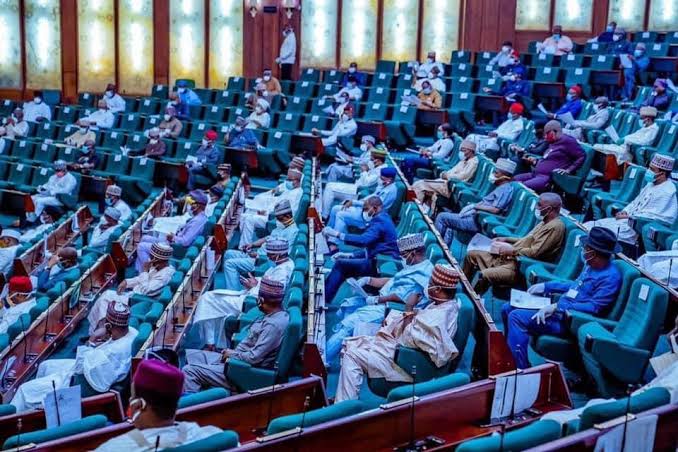As Nigeria grapples with mounting economic challenges, a glaring issue has come to the forefront – tax compliance.

At the National Assembly, the chairman of the House Committee on Finance, James Faleke, delivered a stark warning. ‘Only 9% of registered companies in Nigeria pay taxes, and just 35 million Nigerians contribute to the tax system’.
Consequently, this imbalance threatens the country’s ability to fund critical infrastructure, he told fellow lawmakers.
Infrastructure Gap And Rising Debt
Experts estimate that Nigeria must generate $3 trillion (₦1.8 quadrillion) over the next 30 years—$100 billion annually—to bridge its infrastructure gap.
However, the government consistently fails to meet this target through internally generated revenue (IGR) and instead resorts to heavy borrowing.
Therefore, Faleke emphasised the urgent need for tax reforms to enhance revenue collection and reduce reliance on debt.
Outdated Tax Laws
For decades, policymakers have neglected to update Nigeria’s tax laws.
Read Also; CBN Rate Hike Boosts Net Interest Income By 78% For Four Mid-Sized Banks
As a result, these outdated regulations no longer align with the country’s evolving economic landscape.
To address this issue, lawmakers have introduced tax reform bills that will replace archaic laws such as the Companies Income Tax Act (1979), VAT Act (1993), and Petroleum Profit Tax Act (1959).
Nigeria Lags In Tax Revenue
Meanwhile, Nigeria continues to lag behind its African counterparts in tax revenue.
In 2023, the country’s tax-to-GDP ratio stood at just 9.4%, whereas South Africa, Kenya, and Senegal recorded 21.6%, 14.1%, and 19.1%, respectively.
Recognising this disparity, Faleke urged lawmakers to seize this opportunity.
“These reforms give us the chance to build a modern, efficient tax system,” he asserted.
A Call For Action
As the public hearing on tax compliance commenced, he called on stakeholders to participate actively.
“Your insights will shape taxation policies for generations,” he concluded.
Now, the responsibility lies with Nigeria’s leaders to drive meaningful reform.

